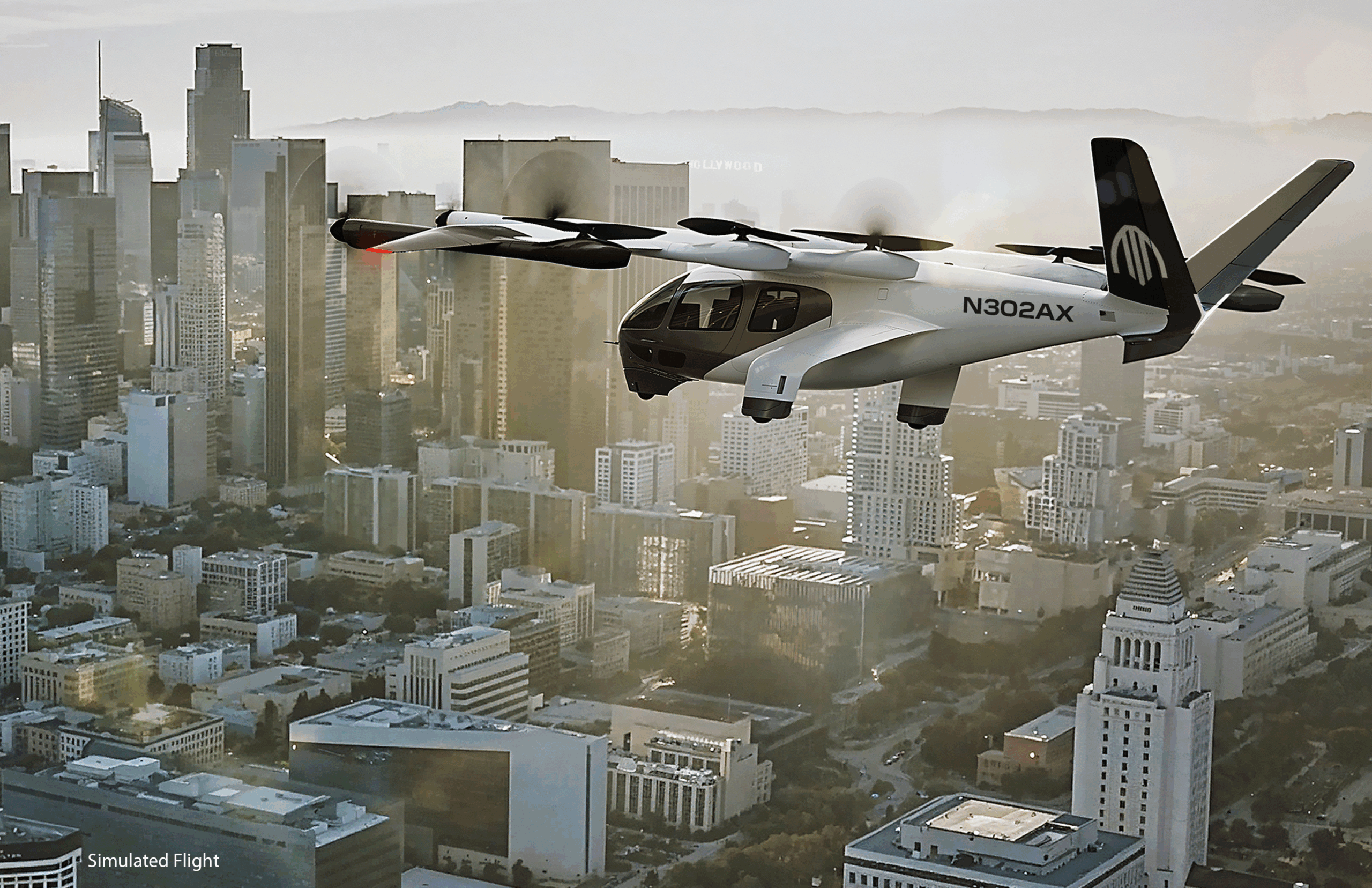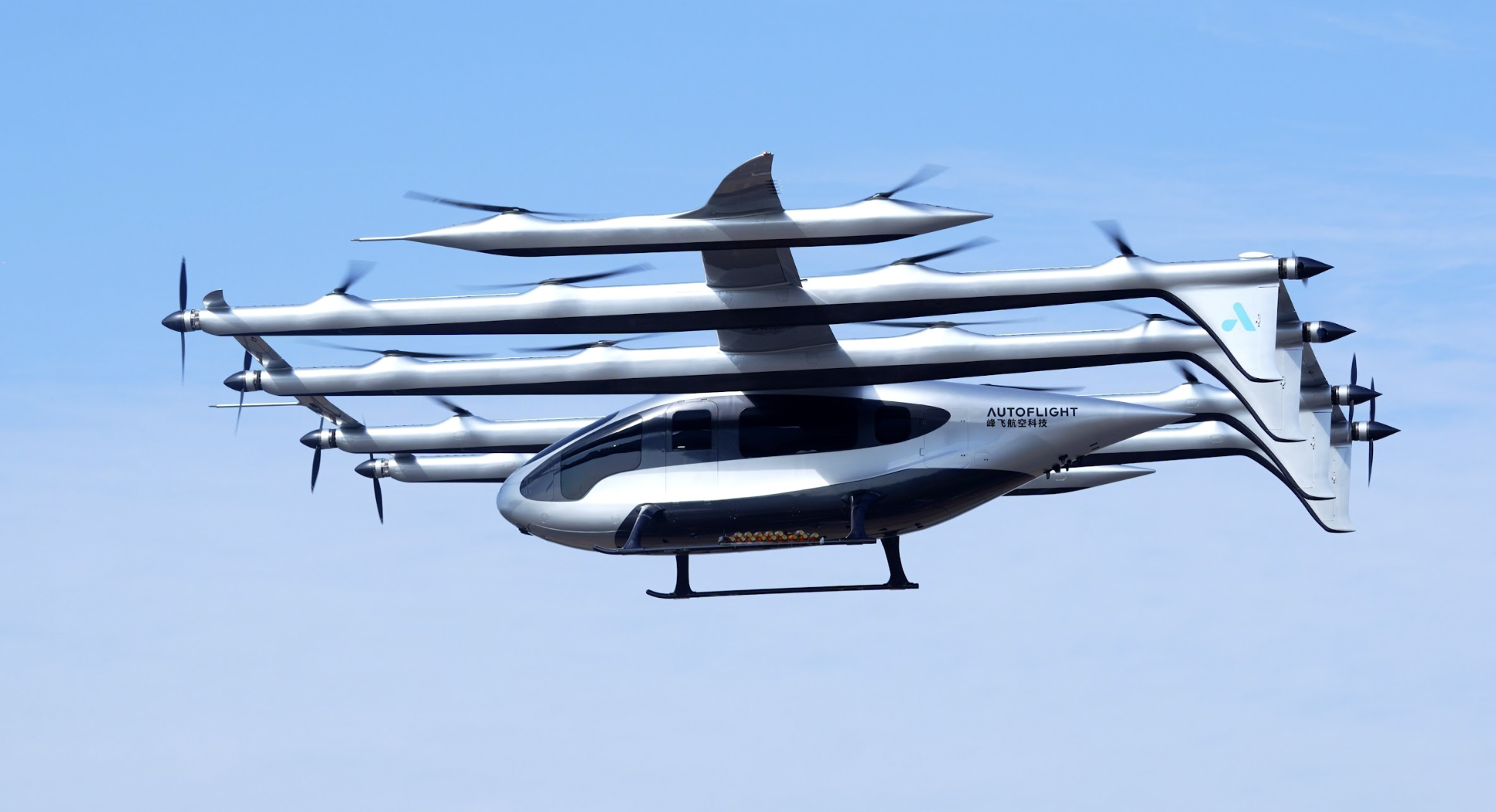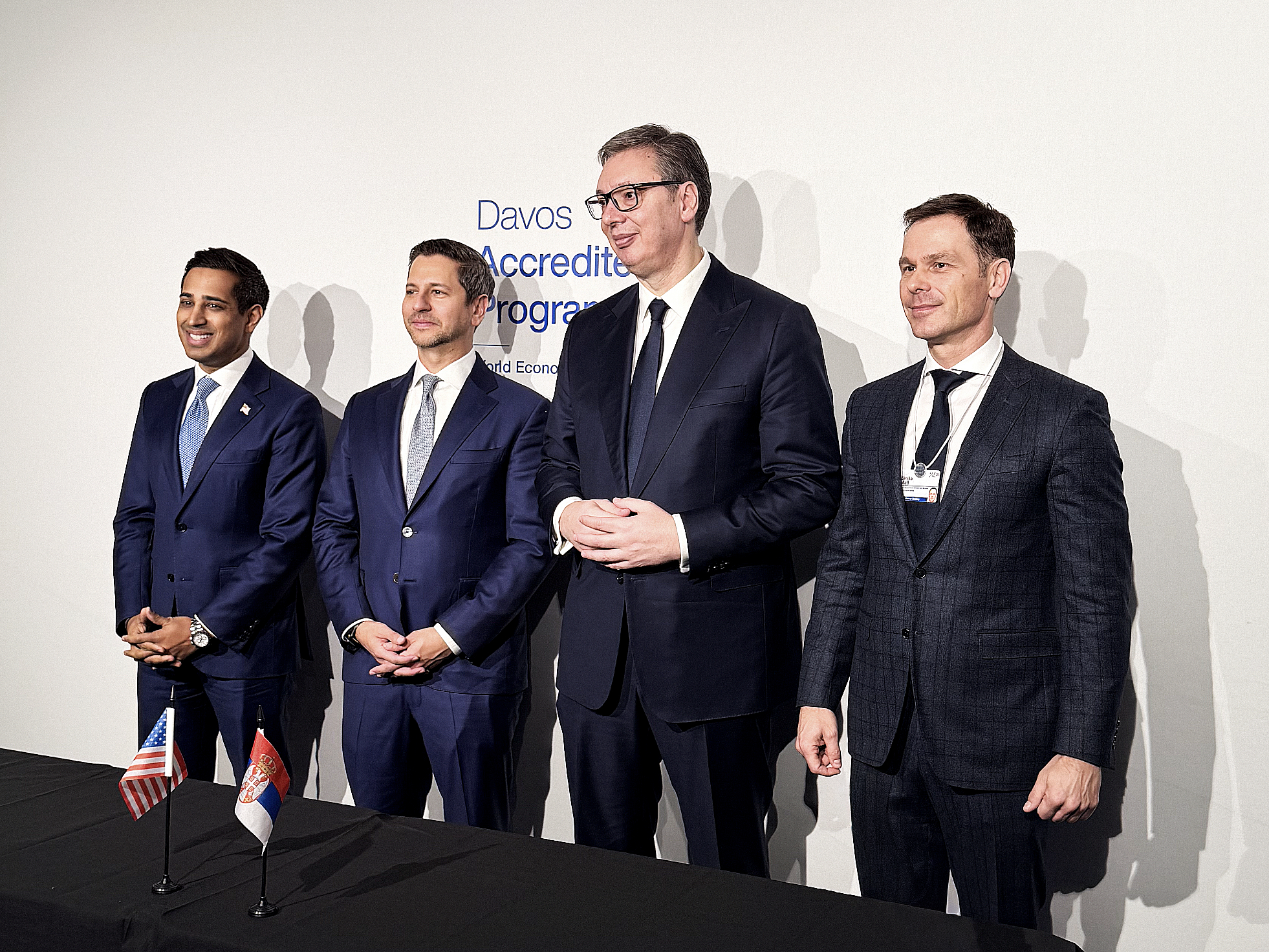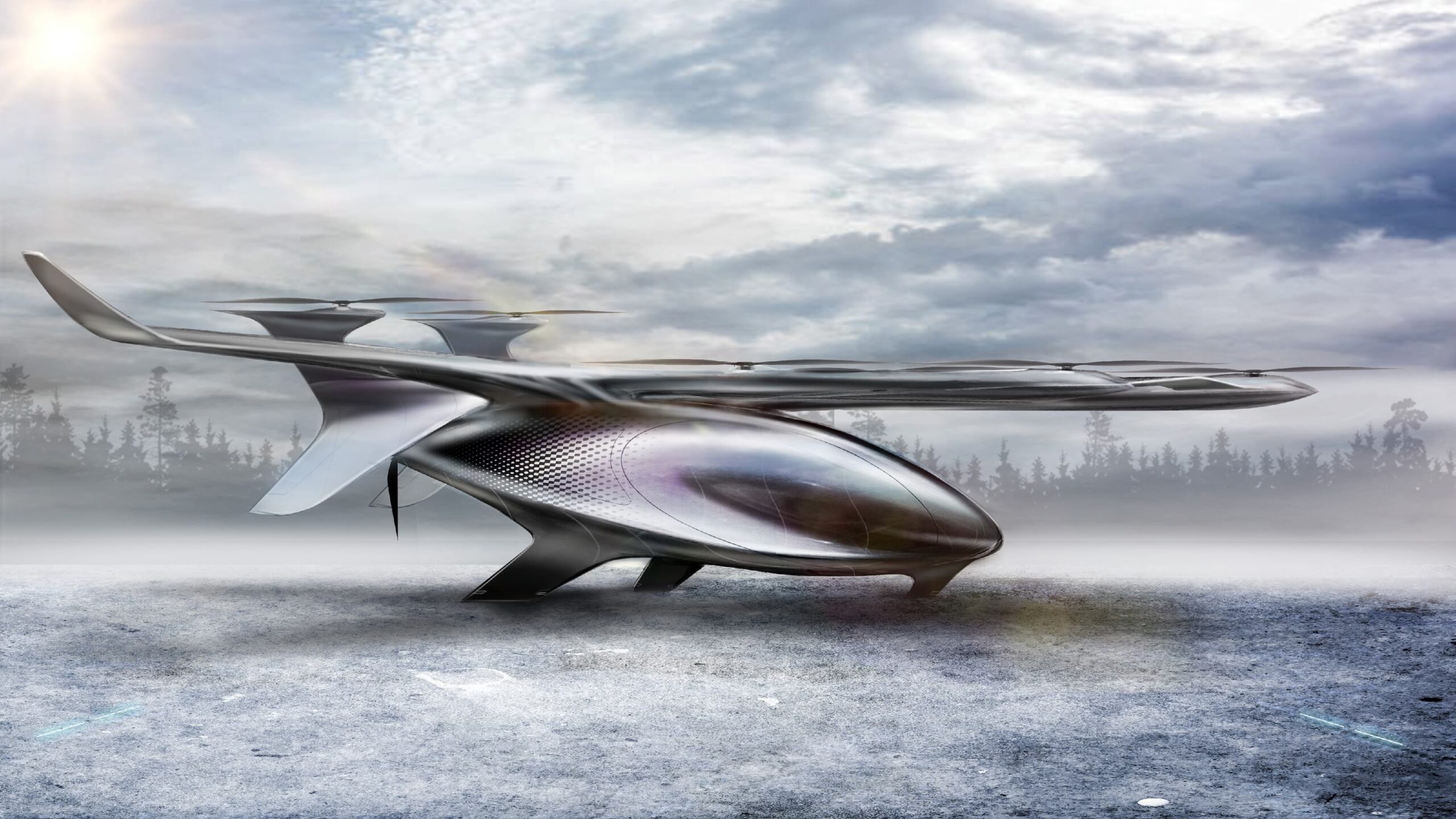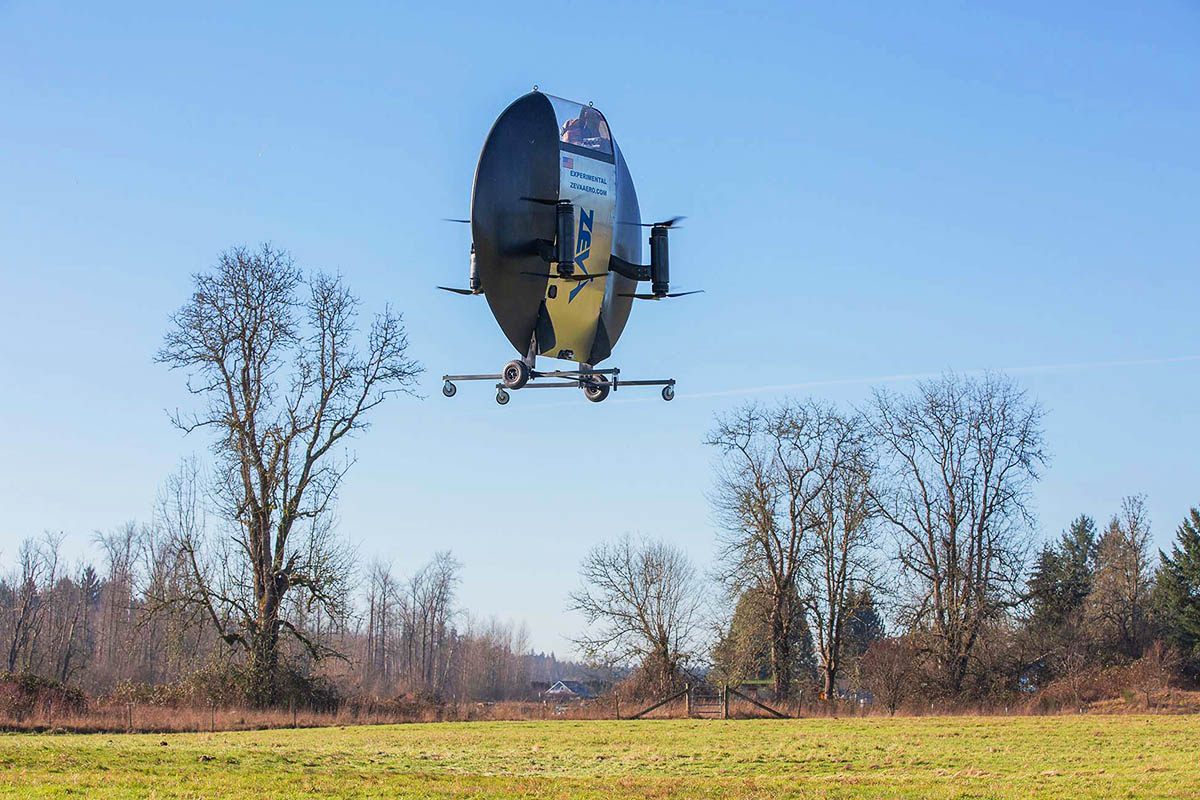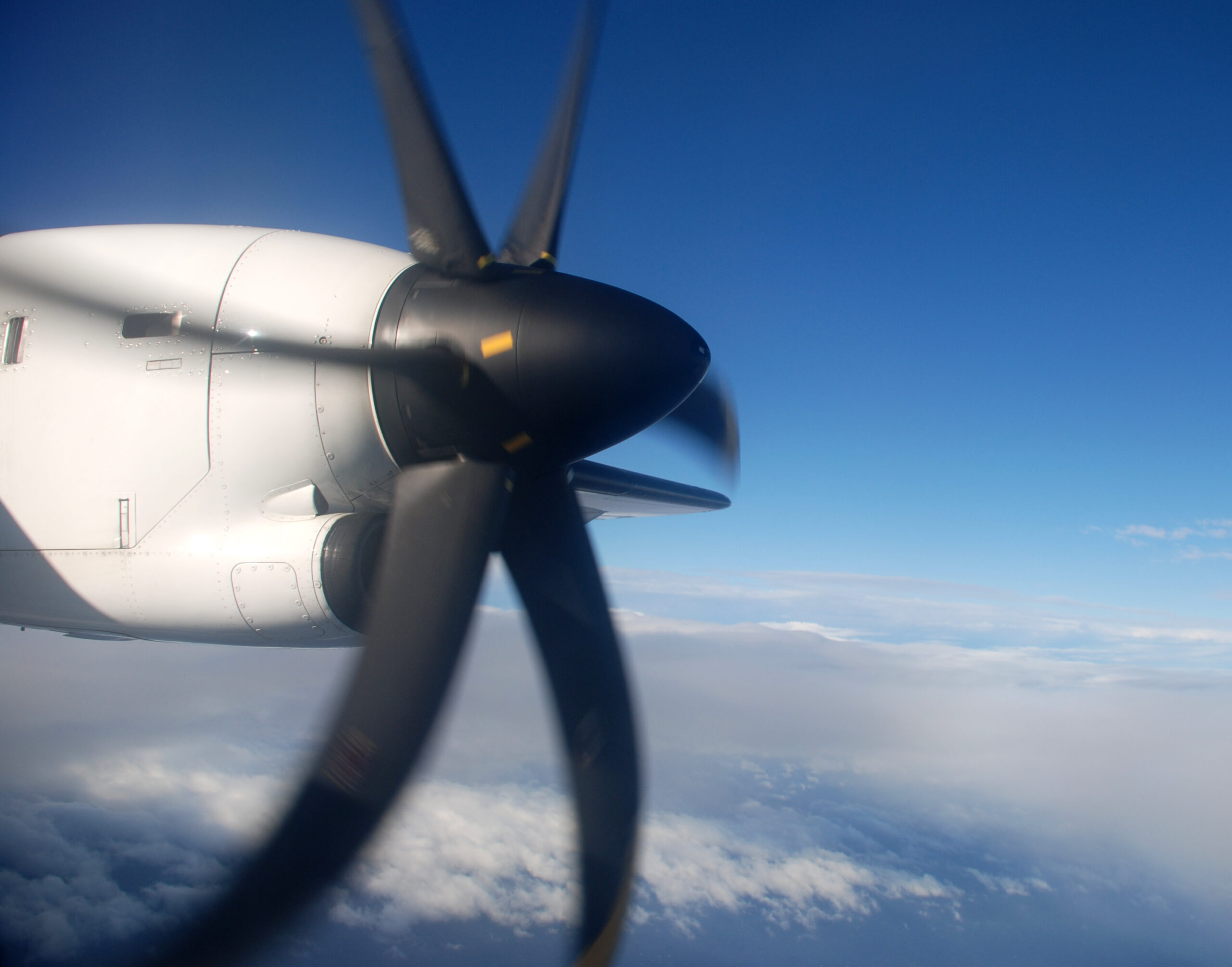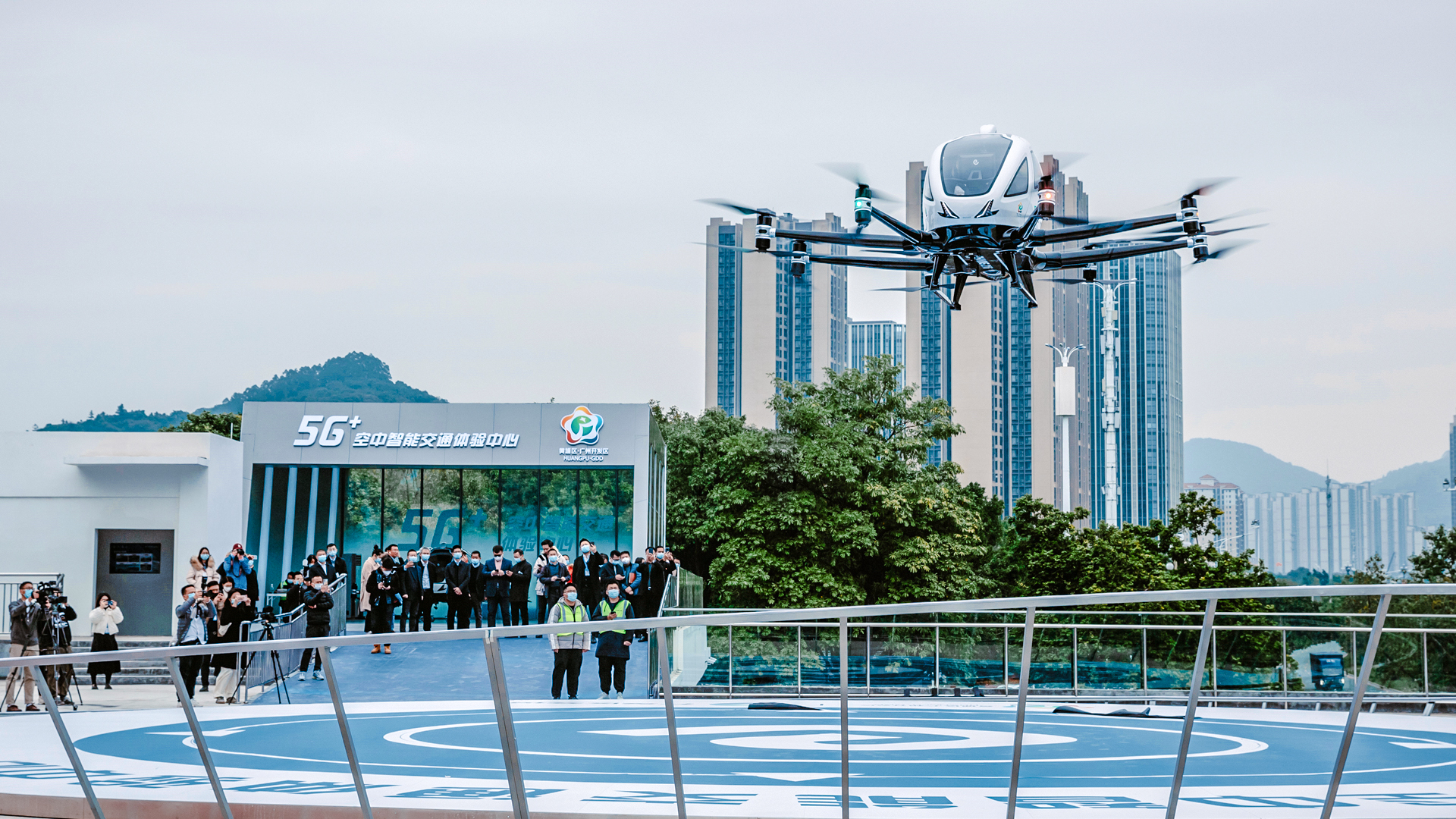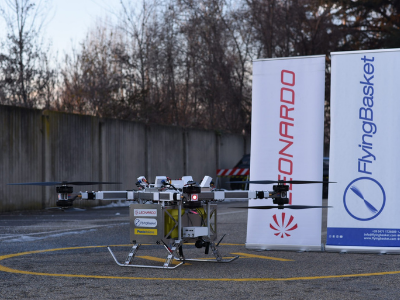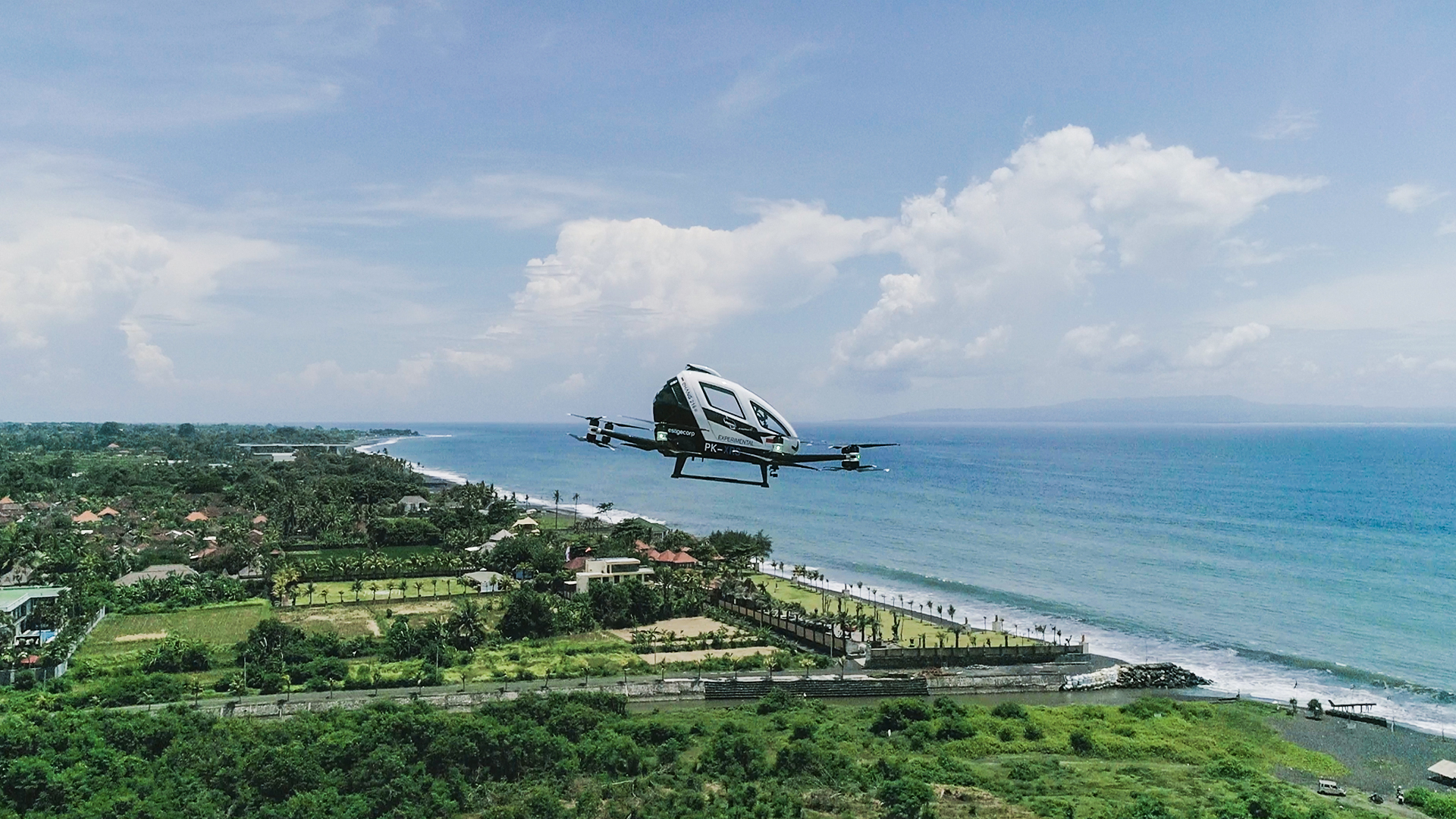Urban-Air Port Secures Landmark Investment from Supernal to Supercharge the Advanced Air Mobility Industry
- Expansion of strategic partnership and investment from Supernal to help support Urban-Air Port’s plans to develop 200 vertiport sites across the world in the next five years.
- First time a major eVTOL company has invested in a ground infrastructure developer to enable advanced air mobility.
British start-up, Urban-Air Port Ltd (UAP), today announced it has secured investment from Supernal, previously the Urban Air Mobility Division of Hyundai Motor Group, to deliver on the companies’ shared vision of integrating advanced air mobility (AAM) into existing transit networks and creating a seamless passenger journey. The funding will help support UAP’s plans to develop 200 vertiport sites across the world in the next five years.
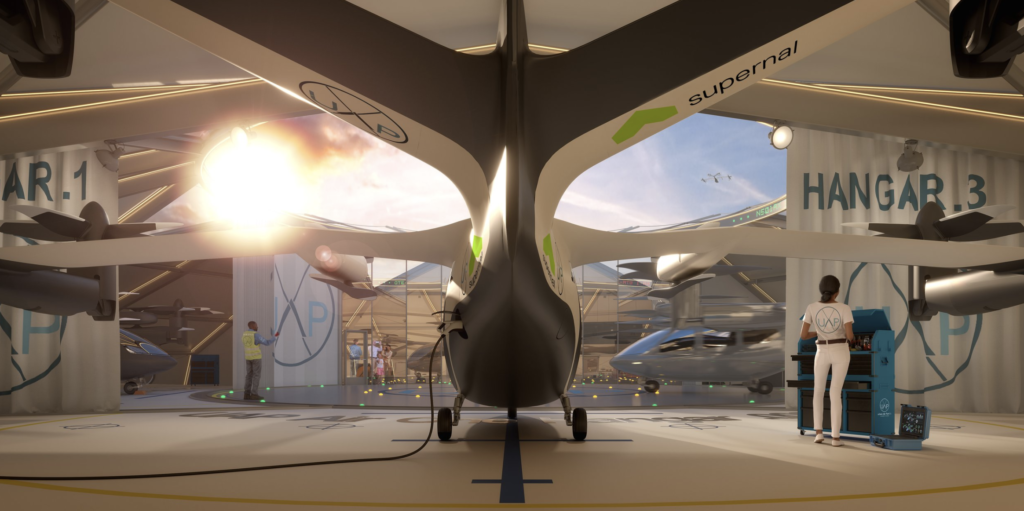
UAP’s vertiport sites will provide essential infrastructure to help enable mass adoption of eVTOL aircraft – such as cargo drones and air taxis – as public acceptance grows and will transform the way goods and people are transported around urban areas. The world’s first fully operational hub for eVTOLs, Air-One, will open for public visitation in Coventry City Centre in April. The demonstration will show how AAM can help unlock the potential of sustainable mobility and how the industry will work to help reduce congestion, cut air pollution and decarbonise transport.
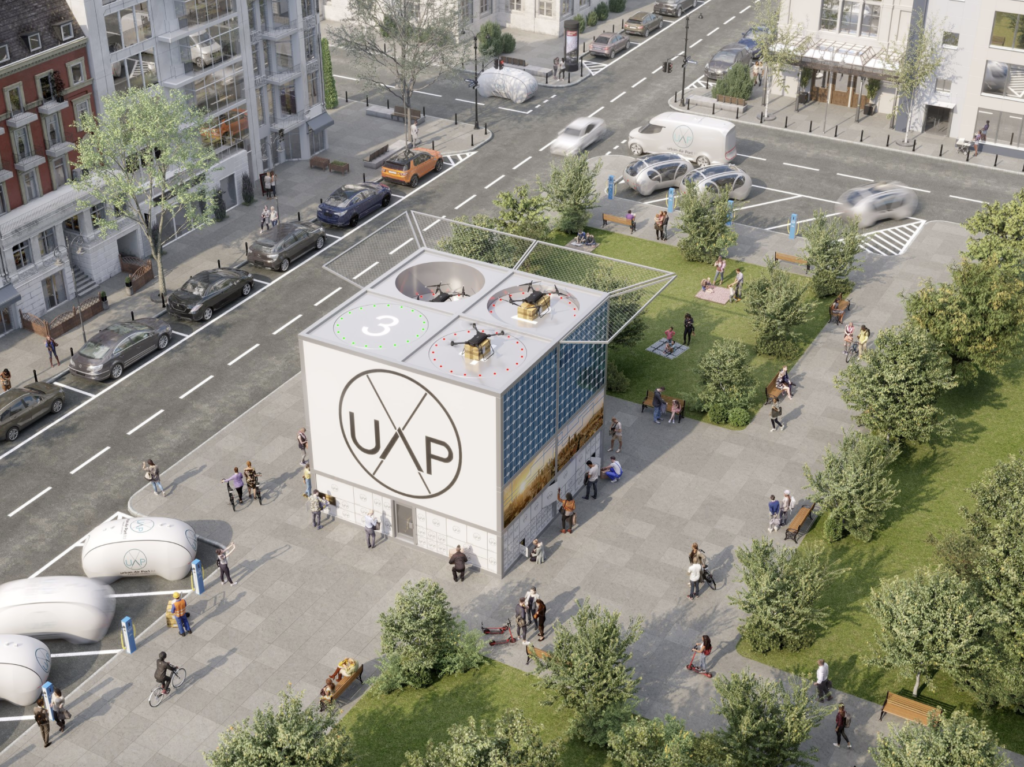
Ricky Sandhu, Founder and Executive Chairman of Urban-Air Port®, said:Cars need roads. Trains need rails. Planes need airports. eVTOLs need Urban-Air Ports. Despite the unparalleled potential of eVTOL aircraft to revolutionise mobility, the importance of the ground infrastructure that enables them is too often overlooked. With Supernal’s investment and expertise and connection to Hyundai Motor Group, we can supercharge the rollout of sustainable, intermodal and scalable ground infrastructure that will unleash the future of advanced air mobility globally.
We are assembling a group of aligned financial and corporate venture capital investors that will extend our leadership. I look forward to welcoming further investors into UAP.
The landmark investment is the first time a major eVTOL company has invested in an AAM ground infrastructure developer. Urban-Air Port has also named Adam Slepian, Global Head of Partnerships & Business Development at Supernal, to its board of directors, effective immediately. Matthew Sattler, Manager of Infrastructure and Ecosystems Partnerships at Supernal, joins UAP’s board of advisors. The close collaboration between the two companies will ensure knowledge and expertise are shared across two crucial components of the industry.
The urban air mobility market is forecasted to grow by 9% annually, reaching US$12.7 billion by 2027[i] and up to US$1 trillion in the next 20 years[ii]. However, lack of ground infrastructure remains one of the biggest barriers to the growth of the AAM industry. For example, only 3% of industry investment in 2021 (US$150 million) was in the physical ground infrastructure[iii], despite 33 times that figure (US$5 billion) announced for the development of eVTOL vehicles in the same period[iv].
Supernal is both convening public and private stakeholders to responsibly shape the AAM industry and developing its own eVTOL and plans to launch its first commercial flight in 2028. The company’s investment in the start-up will help support the development of UAP’s new “vertiport” models including the City Box® delivery drone hub [pictured below], and expansion into new markets.
Jaiwon Shin, Chief Executive Officer of Supernal and President of Hyundai Motor Group, said:At Supernal, we are on a mission to transform how people and society move, connect, and live; therefore, it is essential we not only develop electric air vehicles, but also help shape the broader advanced air mobility market from the ground up. We are pleased to continue working with Urban-Air Port and support its efforts to create ground infrastructure that works seamlessly with eVTOLs and integrates the advanced air mobility industry with existing modes of transportation.
This article was originally published by Urban-Air Port Ltd.



